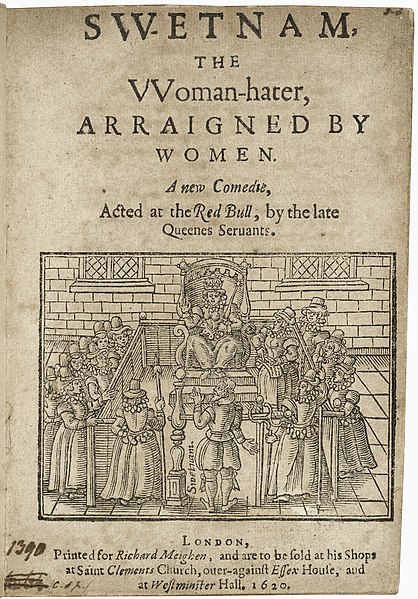Infinite photos and videos for every Wiki article ·
Find something interesting to watch in seconds
Celebrities
Crown Jewels
Famous Castles
Best Campuses
History by Country
Orders and Medals
Kings of France
Tallest Buildings
Great Cities
Presidents
World Banknotes
Great Artists
Largest Empires
Largest Palaces
Supercars
Countries of the World
Recovered Treasures
Sports
Rare Coins
Wars and Battles
Great Museums
Richest US Counties
Ancient Marvels
British Monarchs
Animals
Wonders of Nature
more top lists






